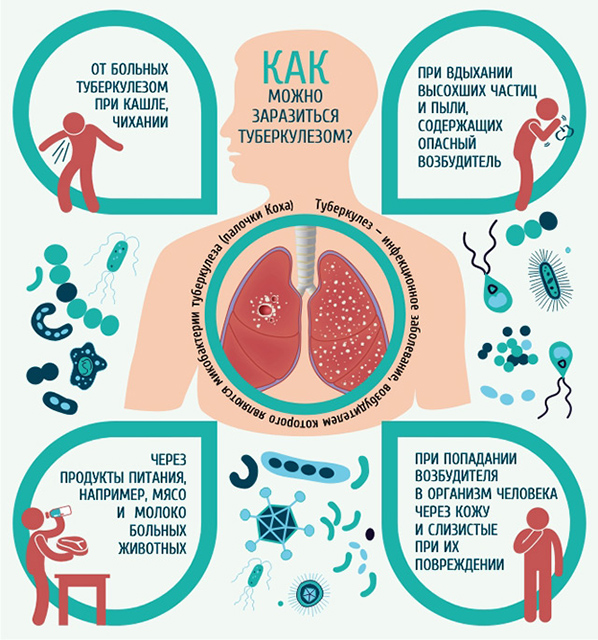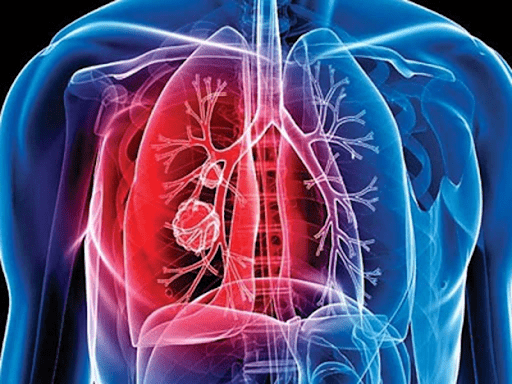Tuberculosis is an infectious (contagious) disease that develops when tuberculosis bacteria enter the body. The main organ that is affected by the disease is the lungs. In some cases, there can be TB in the bones, joints, kidneys, genitals, eyes, intestines and other organs.

Tuberculosis is an infectious (contagious) disease that develops when tuberculosis bacteria enter the body. The main organ that is affected by the disease is the lungs. In some cases, there can be TB in the bones, joints, kidneys, genitals, eyes, intestines and other organs.
75% of TB patients are people aged 17-40 years.
Tuberculosis screening is free of charge for citizens of Kazakhstan who are attached to treatment facilities.
TUBERculosis symptoms: cough, sputum secretion, chest pain, hemoptysis, weakness, fatigue, sweating, increase in body temperature.
If you cough for more than two weeks, you need to see a doctor urgently and get tested for tuberculosis. The main diagnostic methods are X-ray examination.
If the disease is detected in time and treated correctly, TB patients recover fully.
In order to prevent the disease, a flurographic examination should be carried out once a year.
The monthly schedule of flurography is available from Bolashaq Academy doctor Kuur Svetlana Geraldovna.





